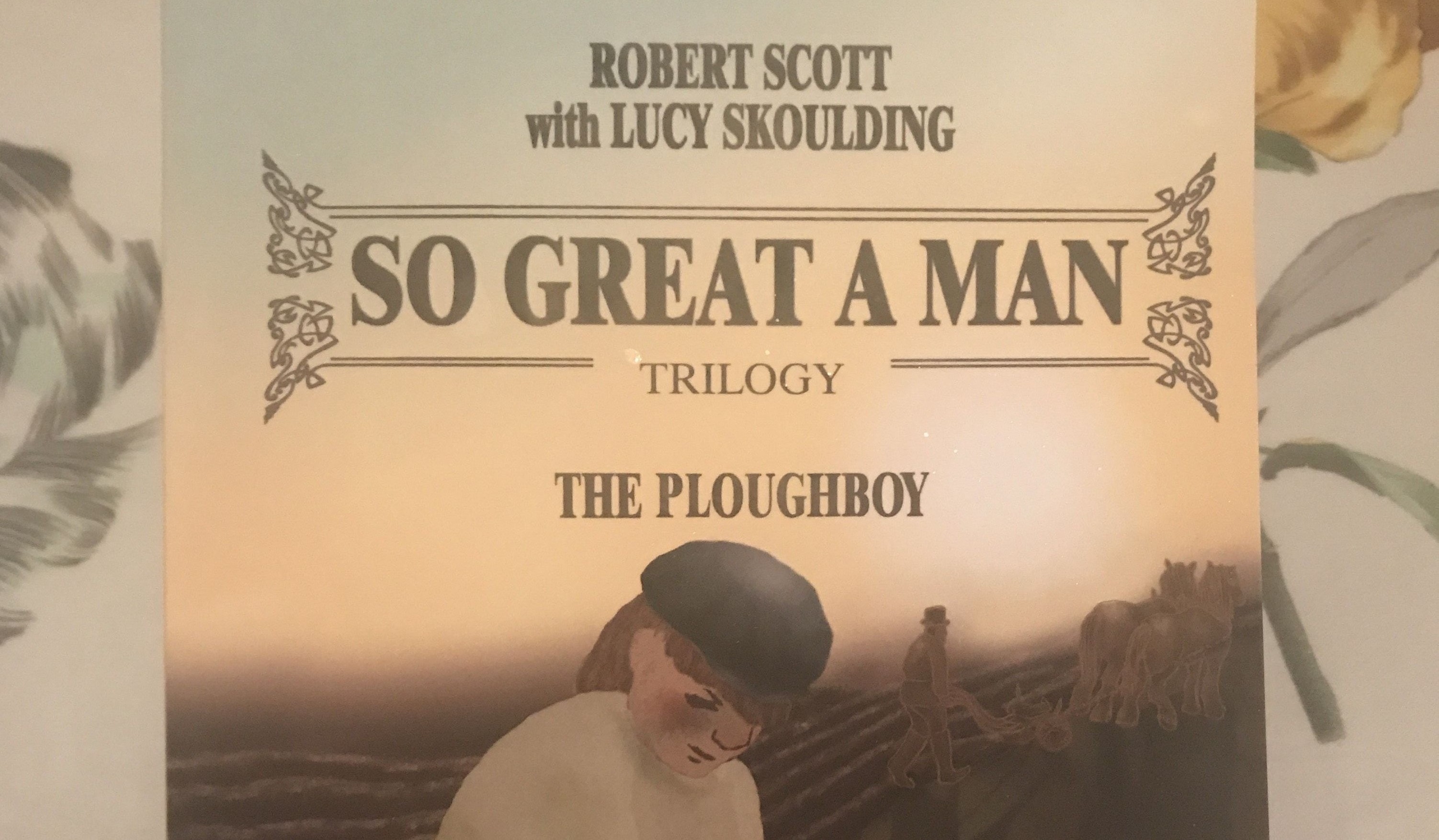Review of ‘So Great a Man: The Ploughboy’ by Lucy Skoulding
Lucy Skoulding, former Books Editor at The Boar, has just released her first novel of a trilogy. She co-authored with Robert Scott, her step-grandad who writes under a pseudonym. The trilogy spans 200 years of a family’s life.
Born in the Scottish borders, William Neal spent his first years as a poor ploughboy before escaping and travelling along the canal towards London. On his journey, he learns valuable lessons from the different people he meets and these lessons help succeed in London.
This novel is historical fiction. The idea stemmed from family research but some elements are fiction. While there was a ploughboy, unlike William Neal, the real ploughboy never did reach London or amass great wealth.
The text provides ‘Historical Notes’ at the back, explaining where the characters are from and whether they are real. For example, it explains that the Earl of Brackenholm never existed; however, similar large families existed on the Scottish borders. It also explains the choices of names for William, Robert and John, as they were popular names in Scotland at the time. While William Neal the banker is also fictional, there was a bank in London at the time where a Mr Neal was one of the partners.
The idea stemmed from family research but some elements are fiction
I found the historical aspect of the text very interesting, especially seeing the way banks worked before tills and online banking. There is also a chapter where Brampton, the coachman, breaks his leg, and the way the Doctor cares for him is described in great detail. It was fascinating to see how common injuries today were treated in this era.
The first part of the book details William’s hardships as a poor ploughboy as his family die around him. His younger sister, Annie, died as a young child whilst the second child, also called Annie, likewise passed away very young of birth complications. Giving birth to a stillborn son, William’s mother became sick, resulting in her death. Finally, William watches his father suffer consumption and die.
The whole succession is devastating but happens very quickly. We see all these deaths in the first 62 pages of the 250 page novel, and therefore the beginning of the novel was very hard-hitting. However, I quite liked how all these deaths weren’t drawn out too much. Because everything happens so rapidly, it intensifies the sympathy felt for William as it reflects how the tragedies occurred in such a short number of years. It allows the novel to focus on William’s success of learning to read and write, escaping being a ploughboy and making his fortune in London.
We see all these deaths in the first 62 pages of the 250 page novel
I particularly enjoyed the character of the Third Earl, John of Brackenholm. Although not a major figure, I found his characterisation really interesting and found myself wishing he had been more involved.
His character really showed the class differences between him and William the ploughboy, especially in their contrasting responses to their fathers’ deaths. When telling his mother about his father’s death, the Earl adds “I’m the Earl now”, clearly thinking of himself rather than the emotions of others or the actual death. He uses his inheritance to build a mausoleum, a rich, expensive building to show his wealth, to put his father’s coffin in. William on the other hand had a very simple funeral for his father.
After escaping from Brackenholm, William travels to London, meeting lots of interesting people who help him along the way. The Third Earl also travels to London to take his seat in the House of Lords. I was expecting William and John of Brackenholm to meet in London, but it didn’t seem they did.
I really enjoyed the ending because it was a lovely contrast between William’s earlier and later life. It completely tied everything up, not leaving any cliffhangers.

Comments (1)
Dear Georgia
Thank you for your review of book 1. We had to give William a reason to have the courage to run away, hence the loss of his family, something that was very real for the poor. Many Scots from the borders made their fortunes in England, for example Thomas Telford the canal builder. By the way, the Earl and William will meet up again in book 2, ‘Fortune.’
regards from